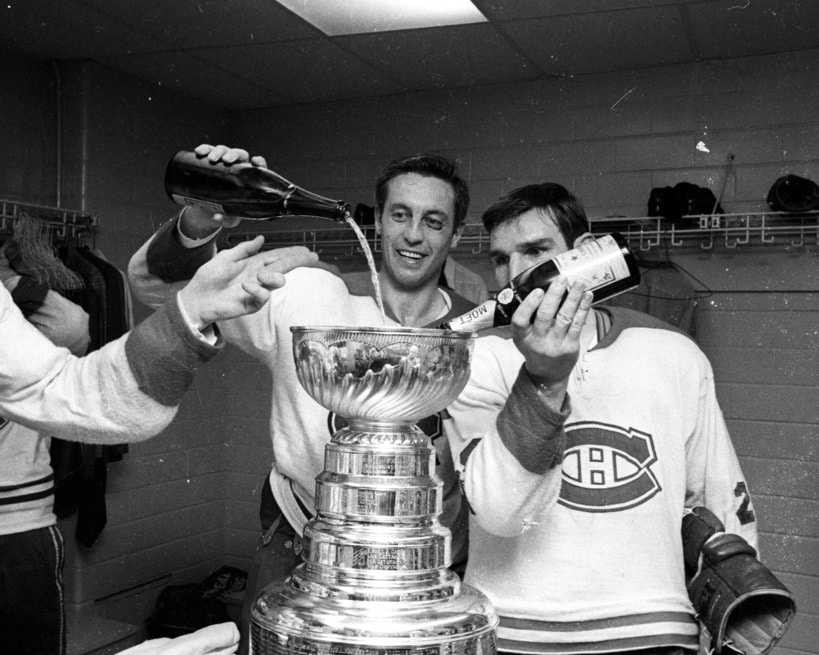

Jean Béliveau, often called "Le Gros Bill" and "Gentleman Jean," was more than just a hockey player; he was a symbol of class, leadership, and humility. Born on August 31, 1931, in Trois-Rivières, Quebec, he rose from humble beginnings to become one of the most celebrated figures in Canadian sports history. His career with the Montreal Canadiens spanned from 1950 to 1971, a period during which he redefined what it meant to be a leader, both on and off the ice.
Béliveau's on-ice achievements are the stuff of legend. He played 20 seasons with the Montreal Canadiens, winning 10 Stanley Cups as a player and adding another 7 as part of the team's management. As a player, he participated in 17 Stanley Cup playoffs, winning in 1956–60, 1965–66, 1968–69, and 1971. He served as the Canadiens' captain for 10 years, a tenure marked by unparalleled success and respect. Béliveau scored 507 goals and 712 assists for 1,219 points in 1,125 NHL regular-season games. In the playoffs, he added 79 goals and 97 assists for 176 points in 162 games. He was the fourth player to reach 500 goals and the second to score 1,000 points. Béliveau won two Hart Trophies as the league's MVP (1956, 1964), one Art Ross Trophy as top scorer (1956), and the inaugural Conn Smythe Trophy as playoff MVP (1965). His jersey number 4 was retired by the Canadiens in 1971, and he was inducted into the Hockey Hall of Fame in 1972, with the Hall waiving its usual three-year waiting period.
Beyond the statistics and accolades, Béliveau's true miracle was his modesty. Despite his imposing physical presence at 6'3" and 205 pounds, he was known for his grace, agility, and exceptional puck-handling skills. More importantly, he carried himself with a quiet dignity and respect that earned him the admiration of teammates, opponents, and fans alike. He led by example, not through громкие speeches, and his actions spoke louder than words.
Béliveau's leadership style was characterized by consistency, humility and a deep understanding that true authority comes from earning respect daily. He always took responsibility, never blaming teammates or officials for losses, and deflecting personal praise after victories. This approach permeated the Canadiens organization, becoming part of its identity.
His impact extended far beyond the rink. In 1969, Prime Minister Lester B. Pearson offered him the role of Governor General of Canada, the highest public office in the country. Béliveau declined, stating that he wanted to spend more time with his wife, Élise, and daughter, Hélène. This decision exemplified his commitment to family and his grounded nature. In the early 1990s, he also turned down offers of a Senate appointment, believing legislators should be elected.
After retiring, Béliveau remained a beloved figure, dedicating himself to charitable work and serving as an ambassador for the Canadiens. He established the Jean Béliveau Foundation to aid disabled children. He accommodated countless appearance requests, especially those involving young people. His commitment to giving back and his genuine interest in others solidified his status as a role model.
Jean Béliveau's legacy is one of excellence tempered by humility. He demonstrated that greatness and goodness could coexist, and that true strength could be found in gentleness. His influence transcends hockey, offering lessons applicable to leadership, sportsmanship, and personal conduct in all walks of life. Even after his death on December 2, 2014, Béliveau remains an icon, not just for his achievements, but for the way he lived his life. He was, and will forever be remembered as, the miracle of modesty.